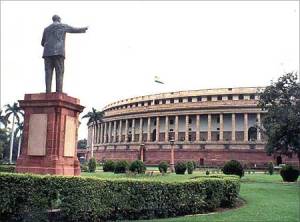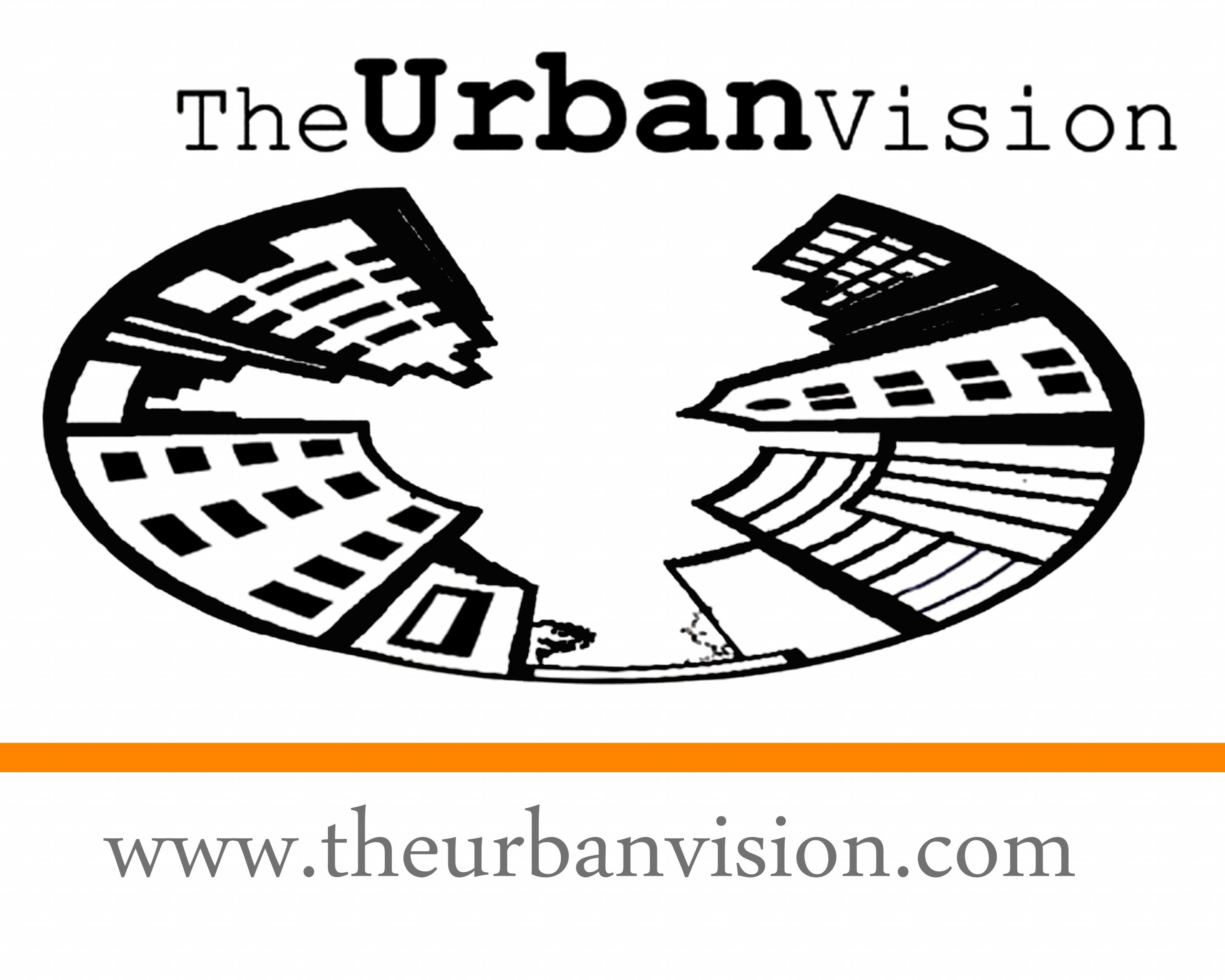
Having been associated with the real estate industry earlier on in my career, I had to deal with immense level of corruption first hand. I had to see that bribes needed to be paid at various levels to get approvals at every stage of the building process. I believe that the criminalization and corruption in India’s real estate was due to a systemic failure. The toxic License Raj might have vanished from some sectors of the Indian economy but it is well and truly alive in the Indian real estate. From buying land to getting building completion certificates, the lengths that the real estate industry has to endure to complete a project is outrageous. Mumbai, for example, has a multi-stage building approval system and requires over 50 certificates before completion of a project, which can take anywhere from 24 months to 36 months. This level of red tape, along with regulations that are vague, allows politicians or bureaucrats to use their discretionary powers (read corruption). There is a desperate need to fix our rule of law & governance systems and make them more transparent and simple. It’s a crucial issue that is at the heart of ensuring good governance in multiple sectors especially in the area of urbanization that’s at the heart of our work at The Urban Vision.
So even as I have been an ardent supporter of the Anticorruption Movement in India as a wonderful step in the right direction, I am going to raise a few points that are concerning.
- Looking at the tone of the anticorruption debate in India. I think that we are taking our Democracy for granted. My Favorite Professor Francis Fukuyama points out the “anti-statist political culture” in this recent CNN interview and says “We don’t appreciate the importance of having a functioning government and how difficult it was historically to create a society in which government existed” . See : http://globalpublicsquare.blogs.cnn.com/2011/08/19/fukuyama-americans-take-government-for-granted/ . State is important too. Let’s not lose sight of that Idea.
- Let’s stop undermining our democracy. You cannot hold one of the key institutions of our democracy “the Parliament” to gun point and tell them to pass “the Civil Society’s” bill (I am not an expert in this area, But even to me , the bill looks way too nascent at this time. It looks more like a populist rhetoric rather than a substantive law at this moment). See : http://www.indiaagainstcorruption.org/salient.html . The bill needs time. We will need to carefully examine all components of it and ensure enough checks & balances. We desperately need the experts to examine & make suggestions and take note of how such committees have failed or succeeded in other parts of the world. The Devil is in the details.
- It’s naïve to assume that an anticorruption bill will solve all our problems. It’s a step in the right direction no doubt. But an all-powerful anticorruption committee can be a threat to democracy too. We have seen that Anti-Corruption Committee’s, if too powerful and without accountability can abuse power as well. Case in Point, Indonesia: http://www.thejakartaglobe.com/commentary/do-we-still-trust-the-kpk/458006 . Individuals in anti-Corruption Committee’s can be as susceptible as anyone else to corrupt practices. It’s a tough Balance. It’s needed, but the details are more important than the generic ideas. Or we will be creating another monster.
- We must be strategic in building these institutions. Have a look at Jan LokPal Charter http://www.indiaagainstcorruption.org/salient.html . Jan LokPal charter is basically corruption at every level of Public life (It’s like another court system. We are already aware of how inefficient our legal systems are because of the way it was structured.) We are again trying to build another institution whose charter is everything. So in the end of it, it won’t solve anything. Justice delayed is justice denied.
I don’t have answers to some of these burning questions. In fact, I am not very clear of my own position on these issues at this time. But I would love to see some sense of civility & balance in these debates from all the parties concerned. We are trying to build a gigantic institution. Let’s not do it in haste. Let’s get the best constitutional / legal experts from around the world to contribute to making it the best.
I will also say that it’s a momentous time for us as a democracy. I am very proud of our democratic values. Looking at all the authoritarian regimes around the world makes me extremely grateful towards our founding fathers who have ensured that we are a democracy today. Let’s not take that idea for granted. Let’s not take those historic struggles for granted. We could have easily been a Egypt, Tunisia , Zimbabwe or a Pakistan, if not for the democratic values that our forefathers pursued.
